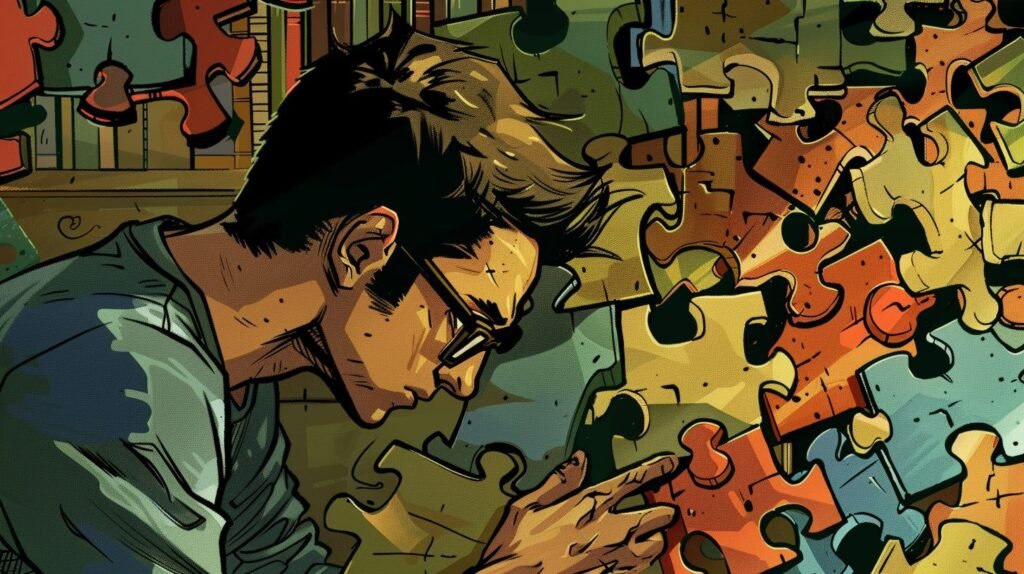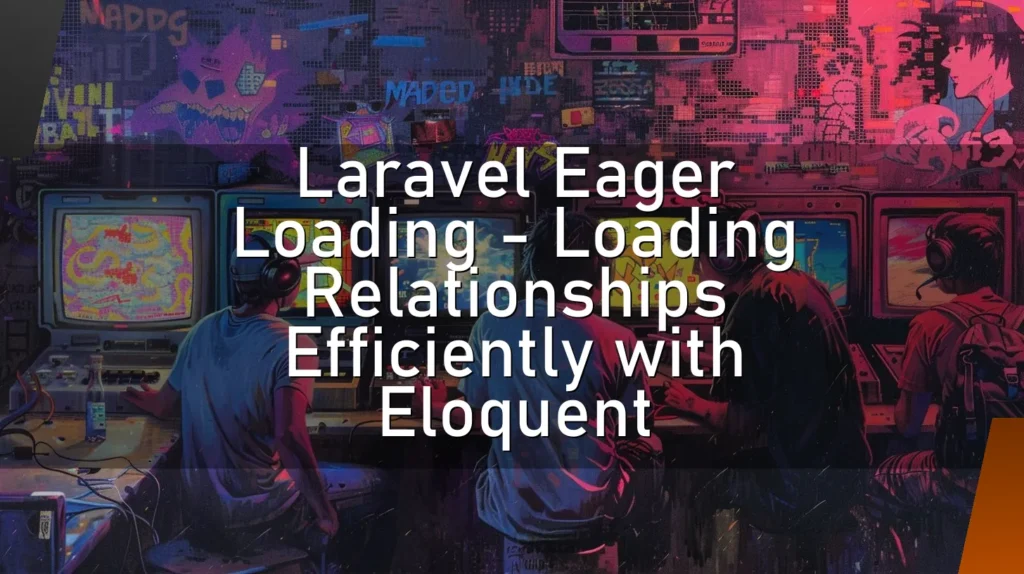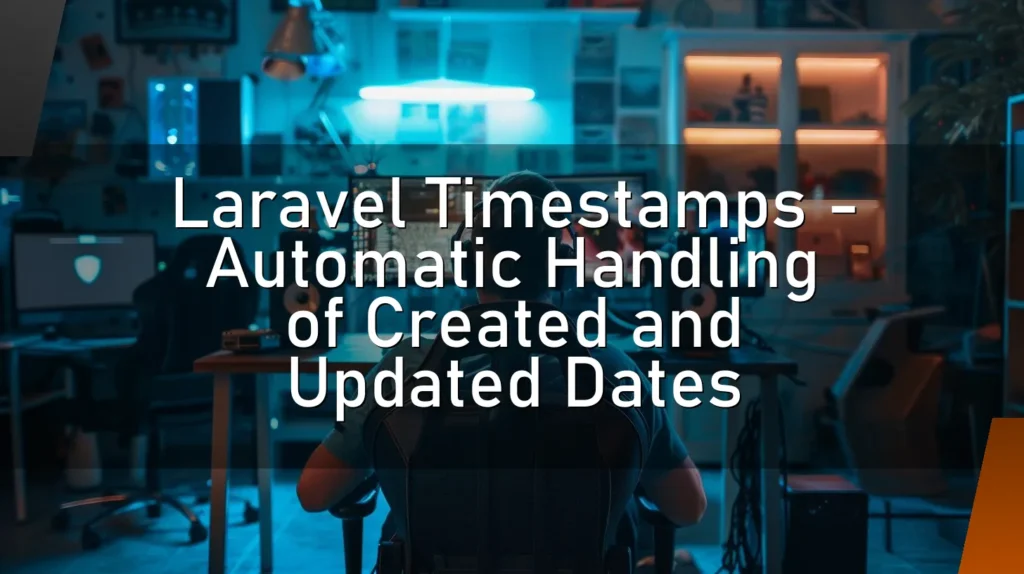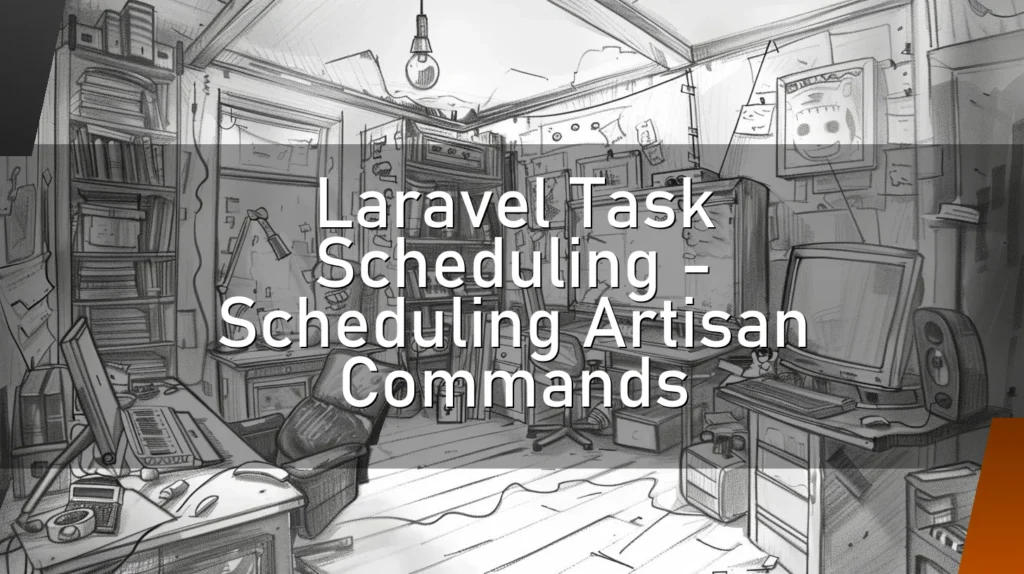Puzzle Games: Challenging Tasks and Interesting Brain Teasers! 🎮✨
Ready to challenge your mind and solve complex puzzles? Puzzle games give you the opportunity to test your logical thinking, creativity, and problem-solving skills. Whether you’re combining colorful blocks, repairing mysterious machines, or discovering hidden patterns – find strategies here to solve puzzle games! 🏆🌟
Interesting Puzzle Games:
- Portal 2: Use your portal gun to solve puzzles and escape the test chambers.
- The Witness: Explore a beautiful island full of challenging puzzles.
- Tetris Effect: Experience classic Tetris with breathtaking graphics and music.
- Baba Is You: Manipulate the rules of the game to solve puzzles.
- Lumines: Combine blocks to the rhythm of the music and achieve high scores.
1. Understand the Rules: The First Step to Success 📜🔍
Every puzzle game has its own rules and mechanics. Understanding them thoroughly is crucial for success.
Example: In “Baba Is You,” you can change the rules of the game by moving words and creating new instructions.
Tip:
- Read All Instructions: Pay attention to the tutorials and guides in the game.
- Experiment: Try different actions to better understand the mechanics.
- Remember the Rules: Keep the key rules in mind to apply them whenever necessary.
2. Analyze the Environment: Pay Attention to Details 🔍🗺️
Many puzzle games provide clues in the environment that can help you solve the puzzles. Pay attention to every detail.
Example: In “The Witness,” solutions are often hidden in the environment, such as in shadows or the island’s architecture.
Tip:
- Observe Closely: Examine every environment thoroughly and look for clues.
- Use Perspective: View the puzzles from different angles to find new solutions.
- Notice Patterns: Many puzzles are based on patterns and repetitions – pay attention to them.
3. Use Logic and Deduction: Brain Teasers for Pros 🧠🧩
Logical thinking and deduction skills are essential for solving complex puzzles. Develop a systematic approach.
Example: In “Portal 2,” you need to find logical solutions to traverse test chambers and use the portal gun effectively.
Tip:
- Break Down the Puzzle: Divide complex puzzles into smaller, manageable parts.
- Think Several Steps Ahead: Consider the consequences of your actions.
- Test Hypotheses: Try different solutions and analyze the results.
4. Try Different Approaches: Creativity Counts 🎨🧩
Sometimes there’s more than one way to solve a puzzle. Be creative and try different approaches.
Example: In “Baba Is You,” there are often multiple ways to change the rules to reach the goal.
Tip:
- Think Outside the Box: Leave the beaten path and find unconventional solutions.
- Change Perspective: Look at the puzzle from another angle to find new solutions.
- Use All Options: Try all available tools and mechanics.
5. Stay Calm: Patience is Key 🧘♂️🧩
Patience is crucial for solving tricky puzzles. Don’t get frustrated and stay calm.
Example: In “Tetris Effect,” it’s important to stay calm and focus on the next blocks to achieve high scores.
Tip:
- Take Breaks: If you’re stuck, take a break and return with a fresh mind.
- Breathe Deeply: Stay relaxed and focused to make clear decisions.
- Celebrate Small Successes: Every solved puzzle is a step in the right direction – enjoy the progress.
6. Learn from Mistakes: Failure as Part of the Process 🔄🧩
Mistakes are a natural part of the learning process in puzzle games. Learn from your mistakes to do better next time.
Example: In “The Witness,” you can often retry puzzles to find the right solution.
Tip:
- Analyze Your Mistakes: Consider what went wrong and why.
- Try Again: Use the knowledge from your mistakes to find new solutions.
- Be Persistent: Don’t give up – every mistake brings you closer to the solution.
7. Make Notes and Sketches: Visualize Your Thoughts ✍️📝
Sometimes it can be helpful to make notes or sketches to solve complex puzzles.
Example: In “The Witness,” you can draw the patterns of the puzzles to have a visual reference.
Tip:
- Write Everything Down: Note important clues and patterns.
- Create Diagrams: Draw diagrams or sketches to visualize your thoughts.
- Use Colors: Use colors to mark and distinguish different elements.
8. Pay Attention to Clues: Small Details Make a Difference 🔍💡
Many puzzle games offer subtle clues that can help you find the solution. Pay attention to every little thing.
Example: In “Portal 2,” there are often clues in the environment showing where to place your next portal.
Tip:
- Listen to Sounds: Sound effects can provide clues to the solution.
- Look Closely: Pay attention to visual clues and patterns in the environment.
- Use the Environment: Many clues are hidden in the surroundings – be aware of them.
9. Use Tools: Utilize Tools and Resources 🛠️🧩
Sometimes external tools and resources can help you solve complex puzzles.
Example: In “The Witness,” there are online communities offering hints and solutions for particularly difficult puzzles.
Tip:
- Search for Guides: Use online guides and walkthroughs if you’re stuck.
- Exchange Ideas: Talk to other players and share solutions and tips.
- Use Tools: Use tools like calculators or note-taking apps to solve complex problems.
10. Memory and Pattern Recognition: Your Strongest Weapons 🧠🔄
A good memory and the ability to recognize patterns are crucial for success in puzzle games.
Example: In “Lumines,” you need to recognize patterns and combine blocks to the rhythm of the music to achieve high scores.
Tip:
- Train Your Memory: Practice remembering patterns and solutions.
- Notice Repetitions: Many puzzles are based on repeating patterns – recognize them.
- Use Mnemonics: Use mnemonics or memory aids to remember solutions.
11. Time Management: Efficiency is Key ⏰🧩
Effective time management can help you solve difficult puzzles and optimize your progress.
Example: In “Tetris Effect,” it’s important to act quickly and efficiently to keep the playing field clear.
Tip:
- Set Goals: Define clear goals for each gaming session to stay focused.
- Take Breaks: Take regular breaks to maintain your concentration.
- Plan Your Time: Create a schedule to use your playtime effectively.
12. Communication and Teamwork: Solving Together 🤝🧩
Some puzzle games require collaboration and communication to be successful. Work with others to solve complex puzzles.
Example: In “Keep Talking and Nobody Explodes,” you must communicate with a partner to defuse a bomb, with one giving instructions and the other executing them.
Tip:
- Divide the Tasks: Clearly distribute tasks so everyone knows what to do.
- Communicate Clearly: Speak clearly and concisely to avoid misunderstandings.
- Utilize Strengths: Use the strengths of each team member to achieve the best results.
13. Step-by-Step Approach: The Path to the Solution 🧩➡️
Complex puzzles can often be better solved by breaking them down into smaller steps.
Example: In “The Witness,” many puzzles consist of multiple steps that need to be solved sequentially.
Tip:
- Divide the Puzzle: Break complex puzzles into smaller, manageable parts.
- Work Systematically: Proceed step by step to find the solution.
- Keep an Overview: Don’t lose sight of the overall goal while working on the individual steps.
14. Forward Thinking: Plan Your Moves Ahead 🔮🧠
Forward thinking helps you be better prepared for future challenges.
Example: In “Tetris Effect,” you must plan your next moves in advance to create space on the playing field.
Tip:
- Think Ahead: Consider the consequences of your current actions.
- Plan Alternatives: Always have a plan B in case your first approach doesn’t work.
- Stay Flexible: Be ready to adjust your strategy if the situation changes.
15. Use Hints and Tips: Seek Help When Needed 💡🧩
Many puzzle games offer hints and tips that can help you progress.
Example: In “Portal 2,” there are often visual cues showing where to place your next portal.
Tip:
- Use Help Systems: Use the built-in help systems of the game if you’re stuck.
- Pay Attention to Details: Hints can be subtle – pay close attention to all clues and tips.
- Take Your Time: Use hints to find the solution, but also try to come up with it on your own.
16. Multitasking: Handle Multiple Tasks at Once 🤹♂️🧩
In some puzzle games, you need to handle multiple tasks simultaneously. Learn to multitask effectively.
Example: In “Overcooked!” you need to cook, serve, and clean up simultaneously to complete orders on time.
Tip:
- Prioritize Tasks: Determine which tasks need to be completed first.
- Divide the Work: Distribute tasks to work more efficiently.
- Stay Organized: Keep your playing field and thoughts organized to maintain an overview.
17. Learn from Other Players: Exchange and Cooperation 🌐🧩
Learn from the experiences and strategies of other players to improve your own skills.
Example: In online forums and communities, players share their solutions and tips for “The Witness.”
Tip:
- Search for Communities: Join online communities to exchange ideas with other players.
- Ask Questions: Don’t hesitate to ask questions and seek help.
- Share Your Experiences: Share your own tips and solutions to help other players.
18. Visualization Techniques: Organize Your Thoughts 🧠📊
Visualization techniques can help you solve complex puzzles and organize your thoughts.
Example: In “The Witness,” you can draw the patterns of the puzzles to have a visual reference.
Tip:
- Create Sketches: Draw diagrams or sketches to visualize your thoughts.
- Use Colors: Use colors to mark and distinguish different elements.
- Create Mind Maps: Use mind maps to represent complex problems and their solutions.
19. Stay Flexible: Adaptability is Key 🔄🧩
Sometimes the first solution approach doesn’t work. Be ready to adjust your strategy and find new ways.
Example: In “Baba Is You,” there are often multiple ways to change the rules to reach the goal.
Tip:
- Be Open to Change: Don’t stick to a single solution.
- Test New Approaches: Try different solutions to find the best method.
- Learn from Setbacks: Analyze why an approach didn’t work and adjust your strategy.
20. Have Fun and Enjoy: The Journey is the Goal 😊🎉
Don’t forget that the most important part of playing is to have fun. Enjoy the journey and the challenges and puzzles.
Example: In “Tetris Effect,” it’s not just about achieving the highest scores but also about enjoying the music and visual presentation.
Tip:
- Don’t Get Frustrated: If you encounter difficulties, remember that it’s about having fun.
- Celebrate Your Successes: Take time to celebrate your successes, no matter how small.
- Enjoy the Journey: Focus on enjoying the path and challenges, not just reaching the goal.
Epilogue: Your Path to Becoming a Puzzle Master 🏆🧩
Puzzle games offer you the opportunity to challenge your mind and solve complex puzzles. With these 20 strategies, you are well-equipped to master any challenge and outsmart your opponents. Remember, patience, planning, and flexibility are the keys to success.
Whether you are exploring mysterious islands in “The Witness,” combining colorful blocks in “Tetris Effect,” or manipulating the rules in “Baba Is You” – your skills as a puzzle master will be tested in every game. Use your logical thinking strengths, develop creative solutions, explore hidden areas, and enjoy the journey.
Learn from every challenge, improve your strategies, and become a better thinker with each game. Enjoy the process, be creative in your approaches, and have fun solving complex puzzles and celebrating great successes.
With the tips and tricks presented here, you are well-prepared to dominate the world of puzzle games. So grab your mouse and keyboard, load up your favorite game, and show the world what a puzzle master you are!
Happy Puzzling, you clever mind! 🎮🧩✨







